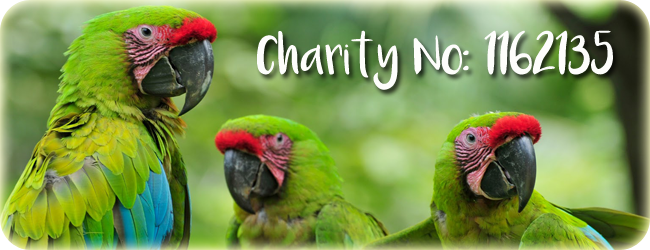

Add into the mix their need to bond with their human companions and the inevitable hormonal behaviour and it can often prove to be a recipe for disaster.Ĭockatoo gradually destroying its owner's kitchen! Parrots have natural traits which don’t necessarily marry with our lifestyles - they are naturally noisy, destructive, messy, and curious to a fault, traits which may serve them well in the wild but can be very hard to live with in your home. Anyone with long term experience of parrot keeping will agree that parrots can be demanding companions that need specialist care to keep them healthy in body and mind. There are many reasons why parrots are re-homed, probably the most common is that the owner was unprepared for what life with a companion parrot entails. Mature Blue & Gold Macaw, with yellow iris, small growth on cheek and flaky beak With the best will in the world we can’t foresee the future and many of us will, at some point, have to find a new home for a beloved parrot companion.

We all take on parrots with good intentions of giving them a ‘forever home’ but in reality ‘forever homes’ rarely exist.

Even if we are aware of this fact, we often don’t think about how our own circumstances can change during their life span. Parrots can live far longer than other pets. I know cockatoos in their 40s and 50s, an Amazon who was 73 when she died and a Macaw who is well into his 80s. Something we are often guilty of when choosing a parrot as a companion is not considering how long lived they can be. it gives useful information about the longevity of parrots, and providing for their long-term needs. Emma worked in parrot rescue for 10 years, and was area representative for the South and West Wales region of the Parrot Society. Written by PSUK member Emma Freeman, from South Wales. This article was originally published in Parrot Society magazine volume 50, October 2016.


 0 kommentar(er)
0 kommentar(er)
